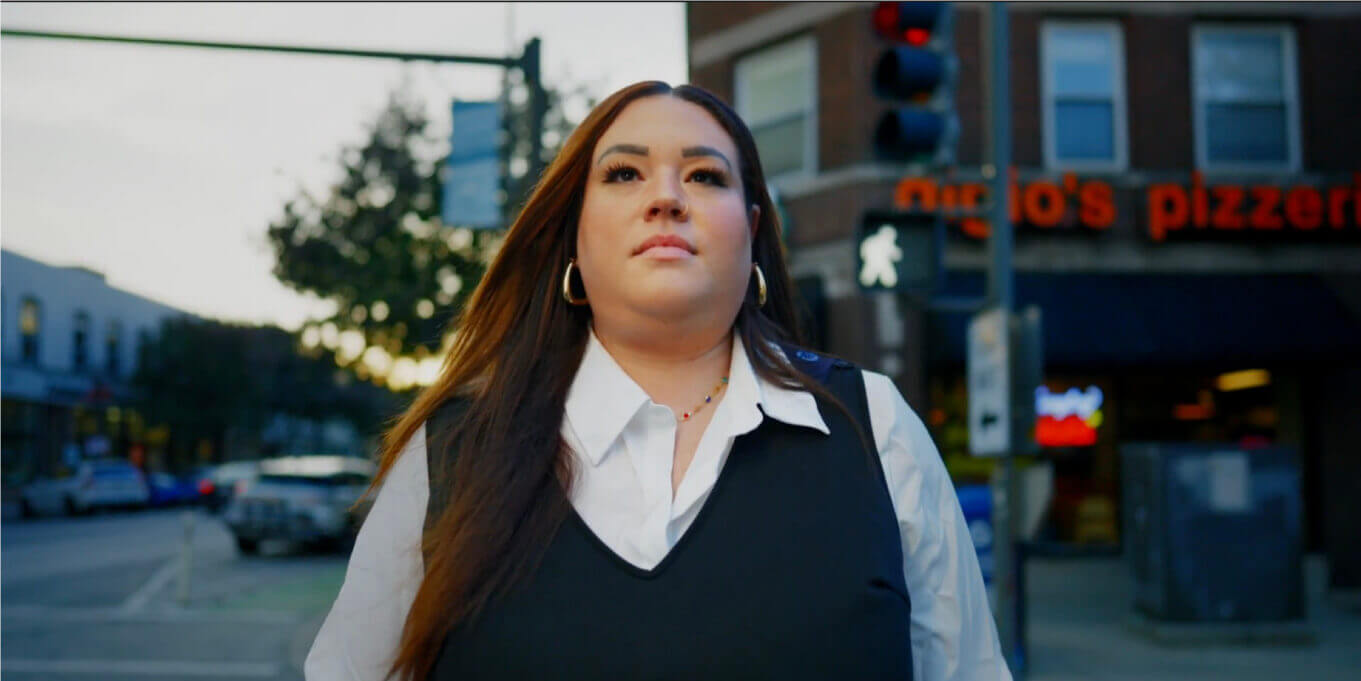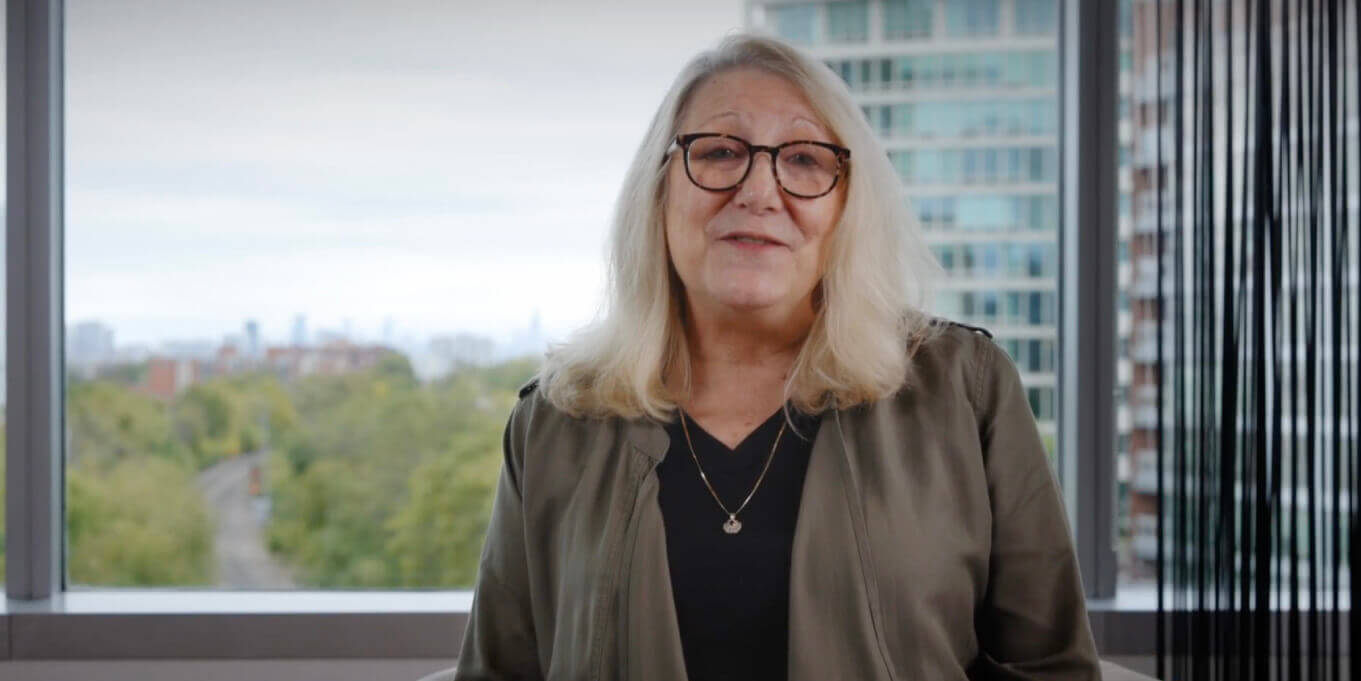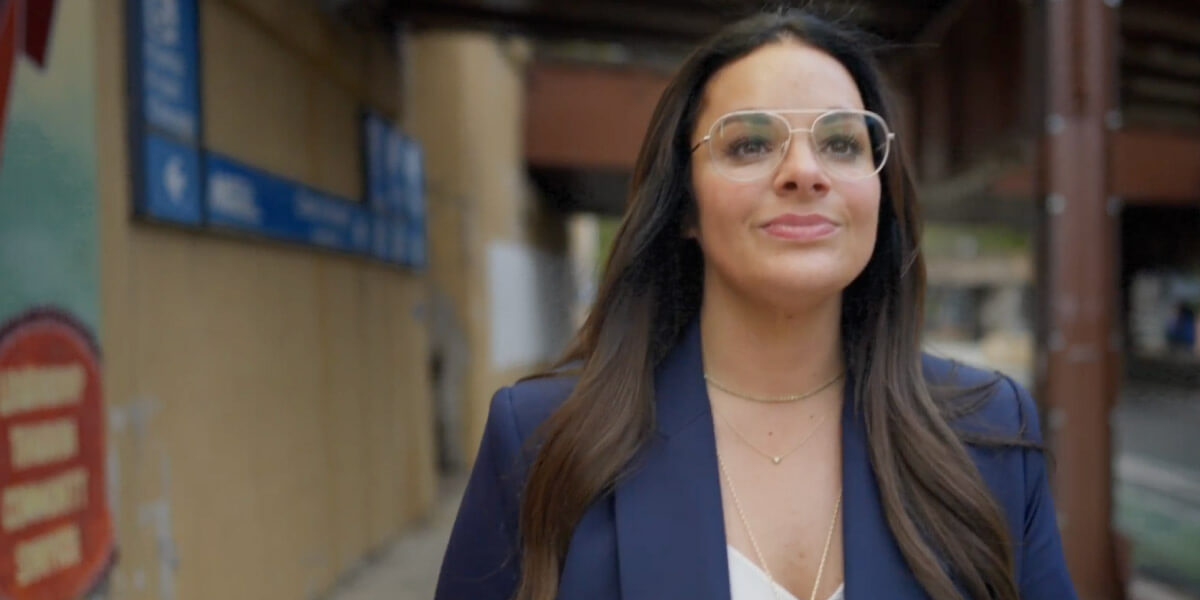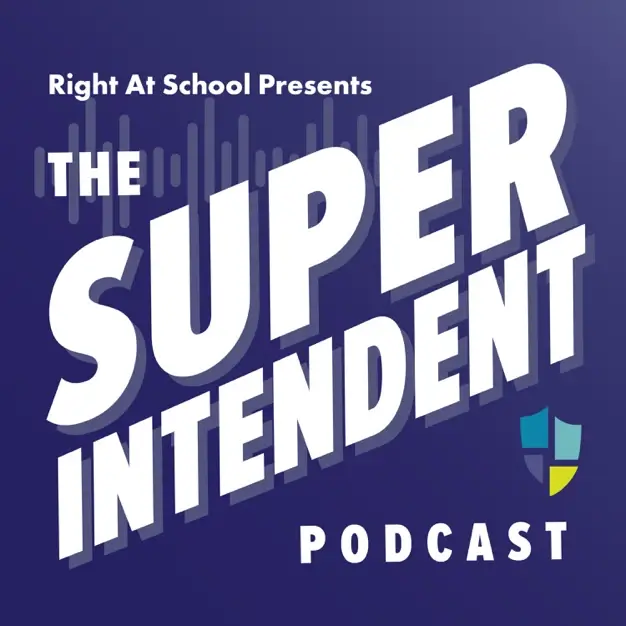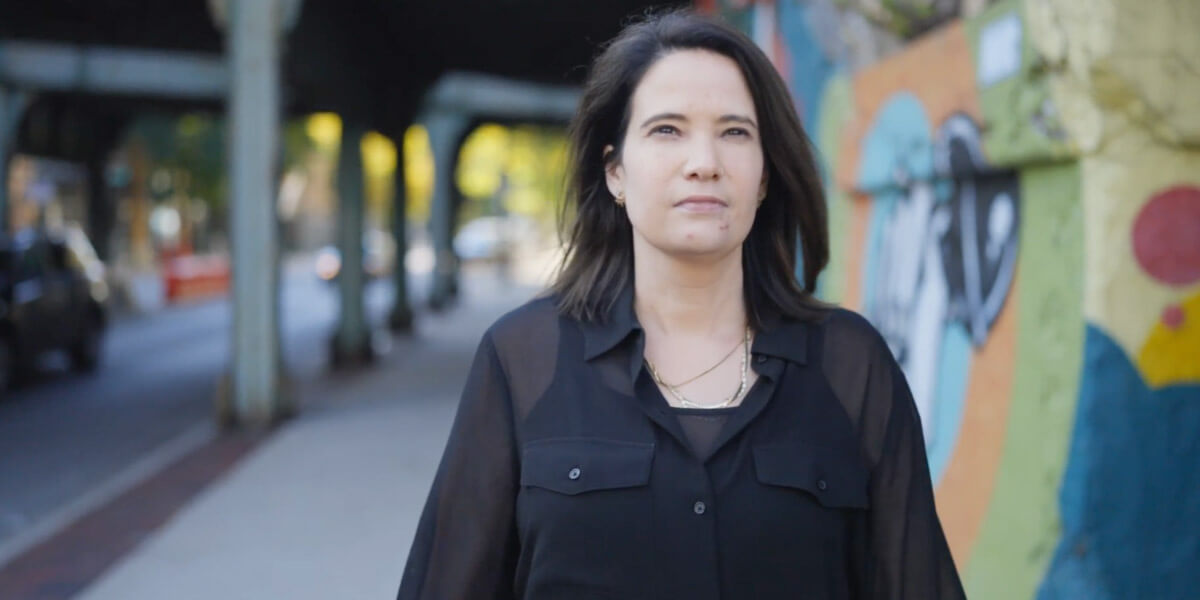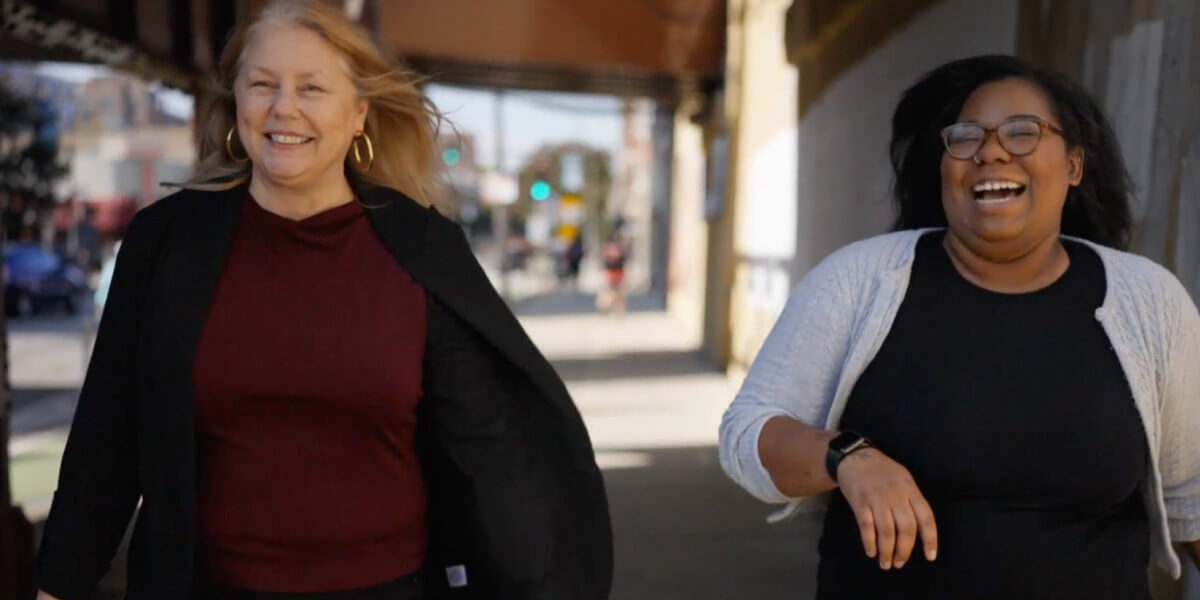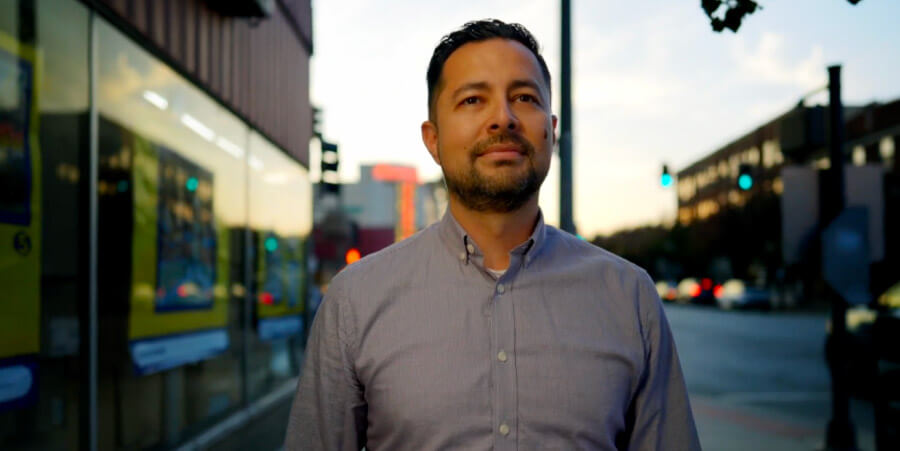
by Right At School
After-school programs play an essential role in this holistic approach, offering opportunities for academic enrichment, social interaction, and skill-building. By building partnerships with out-of-school time (OST) providers and engaging families and communities, these programs can create inclusive environments that promote belonging, durable skills, and inclusivity.
How After-School Programs Support the Whole Child
Fostering Social-Emotional Learning (SEL) and Belonging
Belonging is a cornerstone of whole-child development, and after-school programs provide a unique space to cultivate it. These programs allow students to build meaningful relationships with peers and caring adults in settings outside the classroom. Activities like team sports, arts clubs, and collaborative projects encourage children to explore their interests, develop self-esteem, and practice interpersonal skills.
Creating environments where students feel safe, respected, and valued is critical. After-school programs are especially beneficial for children at risk of social isolation or marginalization, offering a supportive community where they can feel comfortable and thrive. By working with OST providers, schools can ensure staff receive training in fostering inclusive and empathetic spaces. Caregiver and family engagement further strengthens these connections, helping students feel supported both at home and within their communities.
At Right At School, we prioritize creating environments where every child feels like they belong. Through structured SEL activities and community-building initiatives, we empower students to grow emotionally and socially while connecting with peers and mentors who genuinely care about them.
Durable Skills for Lifelong Success
After-school programs are more than just fun; they’re vital for developing durable skills—critical thinking, collaboration, communication, and resilience—that students will use to shape the rest of their lives. Activities like coding clubs, debate teams, and community service projects provide hands-on opportunities for students to practice these essential skills.
For example, a robotics project doesn’t exclusively teach technical know-how; it fosters problem-solving, teamwork, and perseverance! These experiences prepare our students to navigate real-world challenges, setting them up for success in school, work, and beyond. Collaborating with OST providers allows schools to integrate these skills into programming intentionally, creating project-based activities that emphasize teamwork and real-world application.
Right At School incorporates durable skills into every program we offer. From leadership opportunities to creative problem-solving tasks, our goal is to ensure that students are equipped with the tools they need to succeed both inside and outside the classroom.
Creating Inclusive Experiences for All Students
Inclusion is a critical component of whole-child support. After-school programs must be intentionally designed to ensure all students, regardless of background or ability, can participate meaningfully. This includes providing accommodations for students with disabilities, addressing language barriers, and creating activities that reflect diverse cultural identities.
Inclusive programs celebrate diversity and foster empathy. Activities that reflect students’ cultural backgrounds, challenge stereotypes, and encourage open dialogue help children develop a deeper understanding and respect for others. Partnering with families and community organizations can further enhance inclusivity, ensuring programming meets the needs of all students.
At Right At School, inclusivity is at the heart of what we do. Our programs are designed to celebrate every child’s unique identity, offering a welcoming space where all students feel seen, heard, valued, and safe.
Partnering with Out-of-School Time Providers for Holistic Programming
To maximize the impact of after-school programs, it is imperative for schools to prioritize strong partnerships with OST providers. Together, they can embed belonging, durable skills, and inclusivity into programming through strategies like these:
- Integrating SEL into Programming: Collaborate with OST providers to incorporate SEL frameworks into activities. Provide professional development for staff to help them facilitate SEL and support students effectively. Encourage family involvement through workshops or resources that reinforce SEL principles at home.
- Fostering Durable Skills with Project-Based Learning: Design engaging activities that promote collaboration, creativity, and problem-solving. Partner with local businesses or organizations to offer mentorship, guest speakers, or real-world learning opportunities that connect students to the broader community.
- Prioritizing Inclusivity with Community Engagement: Work with OST providers to address barriers to participation, such as transportation or scheduling challenges. Create opportunities for families to provide input on programming, ensuring activities meet diverse needs. Collaborate with community organizations to offer culturally relevant and accessible programming.
Conclusion
After-school programs are a vital component of whole-child support, enhancing students’ social-emotional well-being, academic success, and future readiness. By fostering belonging, building durable skills, and prioritizing inclusivity, these programs create supportive environments where every child can thrive.
Through strong partnerships with OST providers, families, and communities, school districts can ensure that after-school programs serve as a powerful and meaningful extension of the classroom—nurturing the whole child and preparing them for a bright, resilient future. At Right At School, we’re proud to be part of this mission, working alongside schools and families to make a lasting difference in students’ lives.

